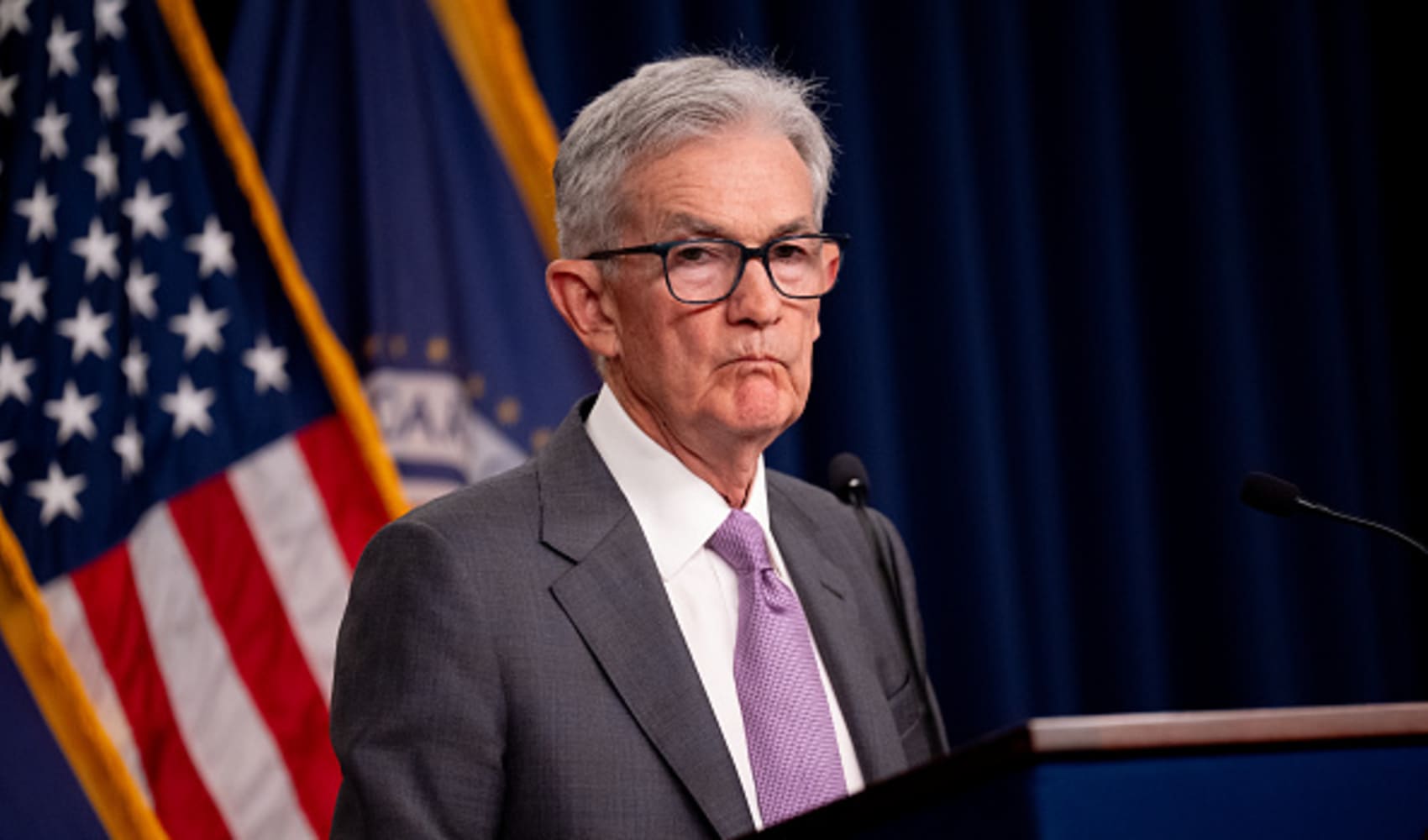
- Nearly a quarter of millennials and Gen Zers without children do not plan to become parents, primarily due to financial reasons, according to a recent report.
- Over decades, attitudes about marriage and parenthood have changed, but more recently, the high cost of living has become a contributing factor in decisions to forgo having children.
- A lifestyle commonly referred to as DINKs — dual income, no kids — is becoming increasingly prominent.
Raising kids is expensive.
Of course, many believe that the rewards far outweigh the financial cost. However, others are opting for a life without children, largely because of affordability constraints.
Get top local stories in San Diego delivered to you every morning. Sign up for NBC San Diego's News Headlines newsletter.
Now, nearly a quarter, or 23%, of millennials and Generation Zers without children do not plan to become parents, primarily due to financial reasons, according to a new consumer spending and saving index from MassMutual.
A lifestyle commonly referred to as DINKs — dual income, no kids — is becoming increasingly prominent.
More from Personal Finance:
'Vibecession' is ending as economy nails a soft landing
More Americans are struggling even as inflation cools
Even high earners consider themselves 'not rich yet'
Money Report
"With today's financial stressors, it is understandable why there is a growing trend among young adults to prioritize financial security over parenthood," said Paul LaPiana, a certified financial planner and senior executive at MassMutual in Park City, Utah.
"This shift reflects a broader understanding of the importance of financial stability and independence in achieving long-term goals that every generation must reckon with," LaPiana said.
A preference for financial freedom and the inability to afford children are equally cited by 43% of younger generations, MassMutual found. The survey polled 1,000 adults in July.
Young adults face financial obstacles
Over decades, attitudes about marriage and parenthood have changed. Since the 1970s, the overall share of married adults has declined and fewer couples are having children, according to a 2023 report from Pew Research Center. Last year, the U.S. fertility rate reached a historic low.
More recently, experts say, the overall cost of living has become a contributing factor in decisions to forgo parenthood.
After a prolonged period of high inflation, many Americans today feel strained by higher prices — most notably for food, gas and housing, and younger adults are getting especially hard hit.
Not only are their wages lower than their parents' earnings when they were in their 20s and 30s, after adjusting for inflation, but they are also carrying larger student loan balances, which makes it harder to save for long-term goals, such as buying a home and starting a family.
"There has been a sticker shock to so many aspects of life over the last few years," said Greg McBride, chief financial analyst at Bankrate.com. "That doesn't inspire the type of confidence needed to make decisions with big financial consequences."
More than half of millennials and Gen Zers said they've delayed plans to have children and 86% cite finances as the primary reason, according to another recent survey of more than 1,000 millennials and Gen Zers by BadCredit.org.
The majority of adults without children said not having kids has made it easier for them to afford the things they want and be successful in their job or career, Pew also found earlier this year.
Child-care costs are a major issue
At the same time, "the childcare crisis, which was simmering prior to the pandemic, has come to a boil," according to a KPMG analysis. Between 1991 and 2024, the costs for child care rose at nearly twice the pace of overall inflation.
"There's no question that parenthood faces real financial challenges," said Brett House, economics professor at Columbia Business School.
But parenthood and related child-care costs are not just personal financial issues, he added. "The cost of child care is really an economic growth and productivity issue as well," House said — and that affects all Americans, not just those with young kids.
A 2023 report by the advocacy group ReadyNation found that the nation's infant-toddler child-care crisis costs the U.S. an estimated $122 billion in lost earnings, productivity and revenue every year.
Because caregiving demands still largely fall on women, that continues to shape their labor force participation and pay.
Women with young children have a much lower labor force participation rate compared with other groups, and those caregiving demands have largely contributed to a persistent gender pay gap, often referred to as the "motherhood penalty," research also shows.
Heading into a U.S. presidential election, this is "one of the most important issues for policy makers and for businesses," House said.






